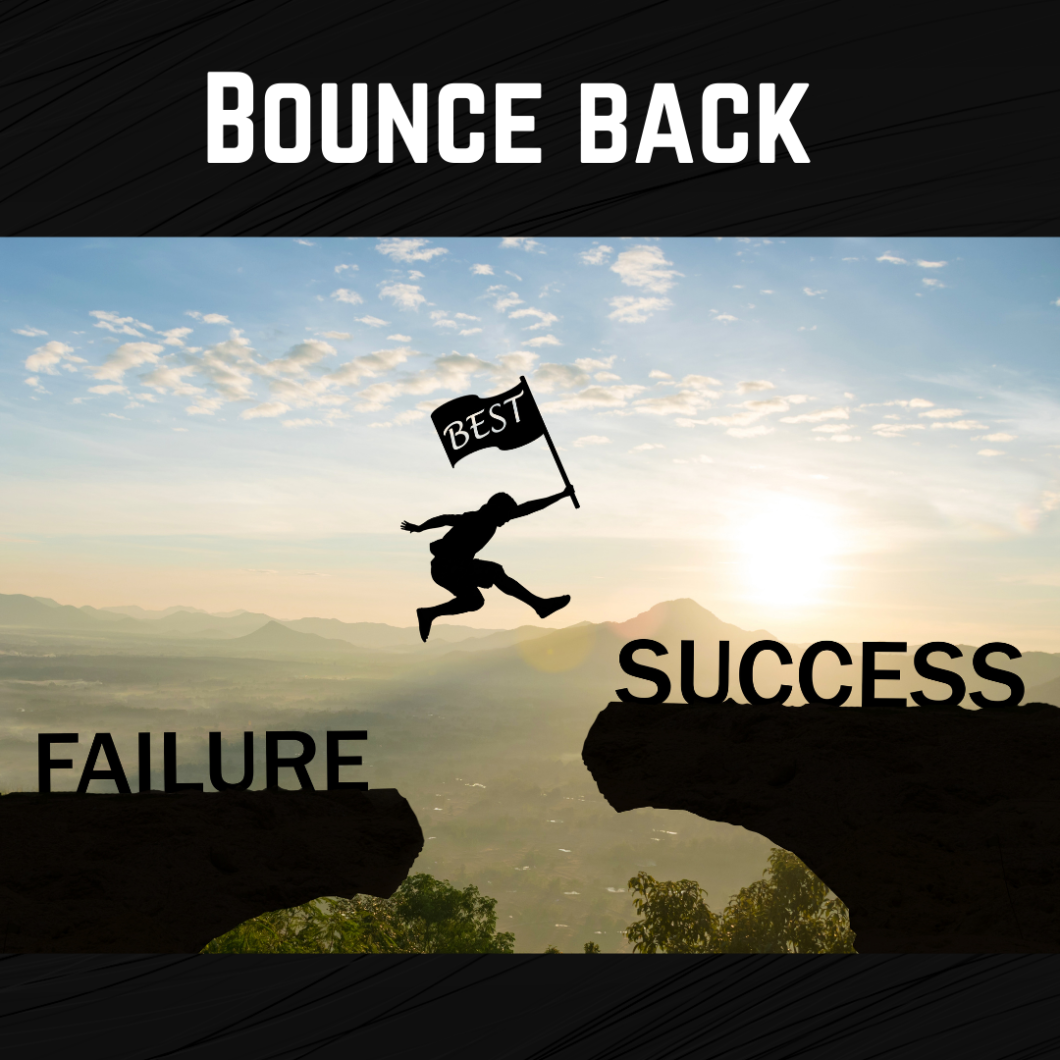Have you ever dealt with a really difficult scenario that rattled or shook you?
Do you find yourself in a scenario that prevents you from responding calmly
and drives you to the point where you want to quit up?
These are the times when your emotional resilience is put to the test.
We’ve all been in similar circumstances and conquered them, but being
prepared to deal with them is essential. This article will assist you in
developing a few emotional resilience tactics that will allow you to bounce
back.
What exactly is Emotional Resilience?
The ability to manage unpleasant situations calmly and respectfully is
referred to as emotional resilience.
‘People with stronger emotional resilience are able to bear the stress that
occurs in ordinary personal and business situations more calmly,’ according
to research.
“Resilience is a muscle. Flex it enough and it will take less effort to get over
the emotional punches each time.”
–Alecia Moore
How do you build Resilience?
The most important strategy to build resilience is to have a sense of purpose
in what you do. This purpose influences all you do, including your work,
family time, fun with friends, and how you care for yourself.
When you have a clear reason for doing all of these things, it will be much
simpler to create resilience when obstacles (such as a pandemic) come.
The good news is that we can improve our resilience skills, and here are
some pointers to get you started.
- CARE FOR YOUR PHYSICAL HEALTH:
Change your lifestyle by adding a walk to your daily routine, taking up
running, or participating in virtual workout sessions at home. More
strategies for improving your physical health can be found here.
Taking care of your physical health while also improving your mental
wellness. - HAVE GOOD SOCIAL SUPPORT AND QUALITY RELATIONSHIPS
Think quality over quantity, focusing on making genuine connections with a
few people you actually care about. Knowing that you have help when you
need it is not only reassuring; you can also call on that help when times are
tough.
Knowing that you have help when you need it is not only reassuring; you can
also, call on that help when times are tough. - SET GOALS
Setting challenging but achievable objectives is an excellent strategy to
keep oneself motivated. Whatever you want to do, think about your goal
and make bite-size milestones so you can track your progress along the way.
This is also a wonderful approach to boost your self-esteem. - IMPROVE YOUR PROBLEM-SOLVING SKILLS
It is an ideal time to hone your problem-solving abilities; begin with
something simple and consider:
- What exactly is your difficulty or issue?
- What are your choices for dealing with the problem/issue?
- Who can you turn to for assistance with this?
- Consider your options and select what course of action to take.
By practicing problem-solving, you will gain the abilities and confidence to
face new obstacles as they arise.
5. TAKE YOUR TIME GETTING TO KNOW YOURSELF.
Spend some time getting to know yourself by considering:
- What is most important to you?
- What do you feel grateful for?
- What do you excel at? Then make a list of them.
- What could you do better?
Self-care can also help you be the best version of yourself by taking care of
your body and mind.
Investing time in getting to know yourself, your values, and your strengths
will boost your confidence and assertiveness.
Thank you for taking the time to read this. Now it’s your turn; please share
your resilience learnings with us.



